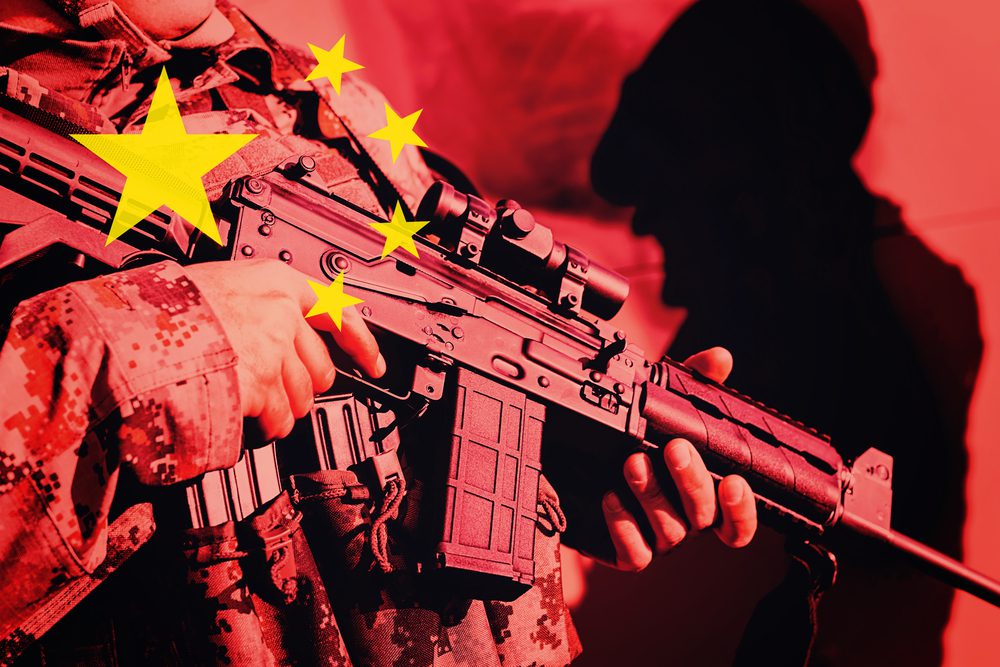
China’s defense budget is to see a 7.2% increase this year, exceeding both last year’s and the country’s total projected economic growth. The announcement came on Sunday, March 5th, at the opening of the National People’s Congress (NPC) in Beijing, Reuters reports.
Put in concrete terms, China’s defense spending would amount to 1,550 billion yuan (over €210 billion). Only the U.S., whose Pentagon has €750 billion at its disposal, trumps China’s defense spending, and by a large margin.
Analysts quoted by The Global Times state that the 7.2% increase marks a “reasonable and restrained boost amid military spending sprees by many other countries around the world in light of global security tensions.”
Notably, China’s defense budget is rising faster than the economy; China is aiming to achieve a conservative 5% in economic growth this year—its lowest in decades.
Last year, China noted an economic growth of only 3%, while it had set for itself a target of 5.5%. This constituted one of China’s weakest growth rates in decades, in part due to its clinging to its zero-COVID policy (which, following protests, it abandoned this past December) and a crisis within China’s real estate sector, as well as a drop in demand for Chinese exports.
In his opening address to the People’s Congress, attended by 3,000 delegates from the Chinese Communist Party (CCP) and scheduled to conclude on March 13th, outgoing Premier Li Keqiang emphasized the need for economic stability and consumption growth.
He set a goal of 12 million new jobs in cities, higher than the target of 11 million a year ago. Li foresees a budget deficit of 3% of GDP, up slightly from last year’s 2.8%.
“Global inflation remains high, global economic and trade growth is losing steam, and external attempts to suppress and contain China are escalating,” he warned.
In case such ‘external attempts’ escalate into violence, China’s armed forces should devote greater energy to training under combat conditions and boost combat preparedness, he said.
In contrast to earlier provocative statements by officials on Taiwan, Li remained diplomatic. Beijing, he said, should promote the peaceful development of cross-Strait relations and advance the process of China’s “peaceful reunification” [Beijing considers Taiwan part of China] but also take resolute steps to oppose its independence.
The Taiwan issue is continuing to fray relations between the U.S. and China, a matter compounded by the former’s—thus far ineffectual—attempts at persuading China to distance itself from Russia regarding the war in Ukraine. To that end, the U.S. considers imposing sanctions, such as denying China access to cutting-edge technology, i.e. microchips.
Former Shanghai party chief Li Qiang, 63, a longtime Xi ally, is expected to replace Li, 67. He would be tasked with kickstarting the world’s second-largest economy while it is still recovering from Beijing’s zero-COVID policy.
This year’s Congress, then, would further consolidate President Xi Jinping’s power, as besides Li, other reform-oriented officials are set to retire during it, paving the way for Xi loyalists.
During last October’s Communist Party Congress, when he secured his third leadership term, Xi emerged as the most powerful leader in modern Chinese history since CCP founder Mao Zedong.
